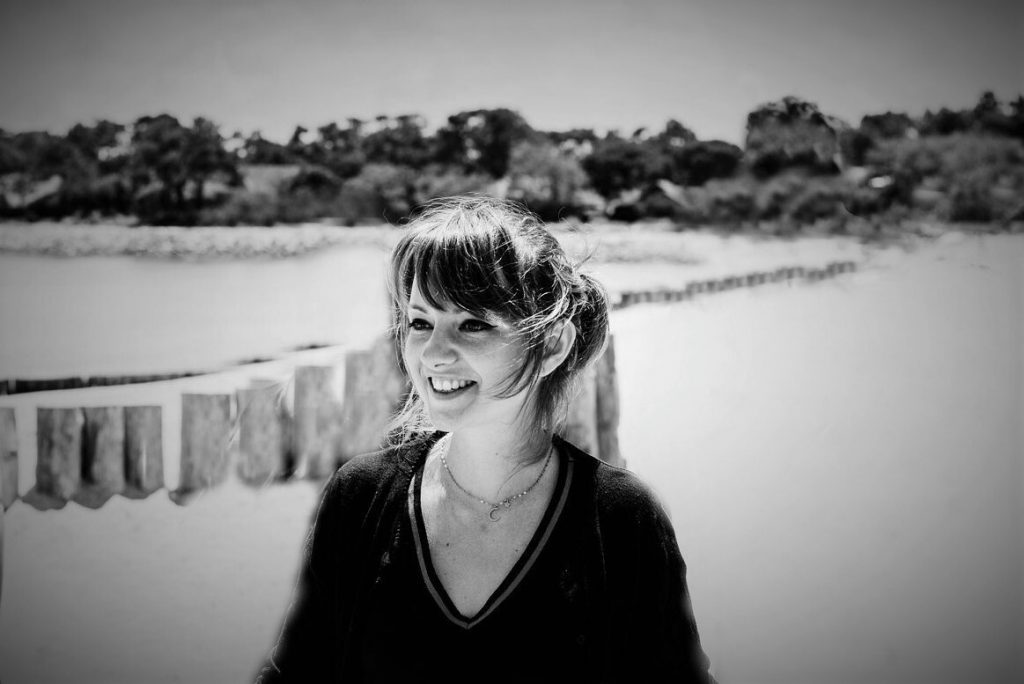
Supervisors: Yves PIQUOT (EEP), Nina HAUTEKEETE (EEP), Richard RAYMOND (CNRS – MNHN)
Subject of thesis: How to coexist with non-humans in an anthropogenized land? Case of the European Beaver (Castor fiber) in the Moselle watershed (France)
mail : benedicte.felter@gmail.com
bureau: SN2, 222
tel: 03.62.26.85.31
Thematic team : Écologie des interactions dans un monde en évolution
Research topics: interdisciplinary research, human-wildlife conflict, Human-Nature relationship, conservation biology
The return of wildlife in Europe, comes up against the question of « sharing » a space shaped by and for human activities. This thesis attempts to define the condition under which human and wildlife coexist, in the case of a protected meso-herbivore reintroduced in most European countries: European beaver (Castor fiber). This species, which is mostly appreciated by the public, has the ability to strongly modify the environment and to affect human activities.
The originality of this thesis lies in its biological model and in its approach combining qualitative interviews and quantitative surveys. Our approach aims to identify the factors determining the success of coexistence between humans and animals, on the basis of an inductive approach carried out in the French part of the Moselle catchment area, where beavers were released in 1983. We described and analyzed the context in which Human-beaver coexistence takes place, through semi-directive interviews and one survey, highlighting the importance of several variables relevant to the conditions of human-beaver interaction, negative human practices and to the efficacy of the actual conflict management on the territory. This research underlines the evolutionary nature, in time and space, of human-beaver coexistence.